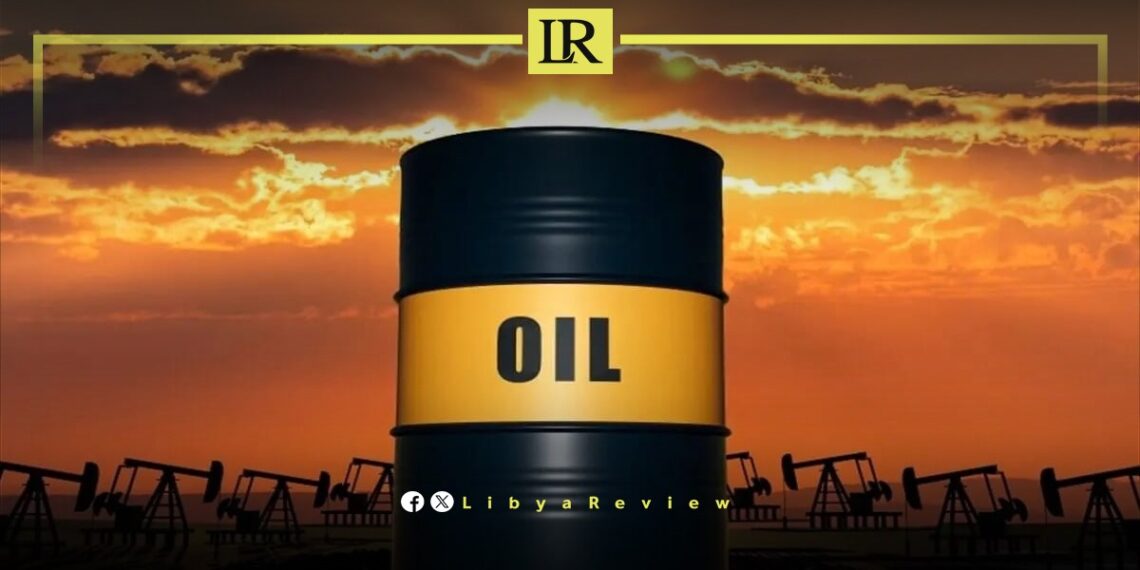Libya’s growing oil revenues could offer a path toward national recovery, but only if accompanied by political consensus and equitable wealth distribution.
According to a recent analysis by OilPrice.com, without such a framework, the country’s petroleum riches may deepen existing divisions and fuel instability.
While international oil companies are cautiously expanding operations in Libya, the political environment remains fragile. Competing centers of power continue to vie for control over institutions and infrastructure, particularly in the capital, Tripoli.
The latest flashpoint involves the powerful Special Deterrence Force (SDF), which controls Mitiga Airport and surrounding facilities. A reported directive by the government to remove the force from the site was met with defiance and threats of escalation, signaling a breakdown in internal authority.
OilPrice noted that such incidents highlight the limits of central governance and expose the risks of an unbalanced political landscape. Though Libya’s oil output is increasing, and revenues are strong, the absence of a transparent system for managing those resources risks turning economic growth into a driver of conflict.
“The country’s wealth is significant enough to stabilize its institutions and rebuild key sectors,” the report states, “but only if a political agreement is reached to distribute that wealth fairly among all regions and factions.”
Analysts caution that the absence of such an agreement, combined with the presence of armed groups operating beyond state control, could lead to renewed clashes.
For now, Libya remains a state with vast economic potential and persistent political dysfunction. Without progress on power-sharing and institutional reform, oil revenues may continue to flow—but stability may remain out of reach.


